|
What does burnout mean for your organisation and how can you use culture change and the power of nature to help your teams to thrive instead? Here’s a 5-step toolkit to cope with an always-on world. Words by Lauren Psyk
Photo by Victoria Heath on Unsplash
In a 24-hour, globally connected world, we are always-on - spending our entire lives connected to technology, with instant access to the world around us.
There are undoubtedly positive benefits to business and organisations from this state of 24-hour connectivity. You can be more productive by managing projects using cloud based tools; you’ve got the convenience of being able to access everything you need, from meals to travel, with the touch of a button; and you can easily serve international markets during their waking hours, as working across different time zones and having staff based across the globe is becoming de rigueur. However, it's also becoming clear that it’s not all sunshine and roses. You may be able to have a gourmet meal delivered at all hours of the day and night, but what is this state of being always-on doing to your mental and physical health, and the health of your team? In the last few months, School of the Wild has been convening groups of business leaders to explore what we can do to address global social and environmental challenges, and how to make the world a better place. Here, business coach Neil Pavel explains what he experienced around the campfire.
I have experience of this twice now after Nigel, who runs School of the Wild, invited me to attend a couple of the Leading with Purpose campfire catalyst sessions that he facilitates. For a few hours, myself and the other people in these groups shared our stories, ideas and insights into leadership and responsibility, and about culture and the future. Being outside has an immediate impact. I notice how we all think and behave more-than-slightly differently. There’s an openness to the conversations, less boundaries, and lots of trust. Having the time and space to reflect on leadership and impact with a bunch of complete strangers allows a wide range of subjects, voices, and opinions to be heard and mulled over. Being outside has an immediate impact. I notice we all think and behave more-than-slightly differently. There’s an openness to the conversations, less boundaries and lots of trust. Conversations that matter: culture, impact, legacy. And fireside rapping. Space Doctors team away day in the woods.
Mark and Rosie, key members of the School of the Wild team, get the woods ready before the client arrives.
#teamawayday #schoolofthewild #natureisouroffice Staff from Matchbox Mobile show how it's done, aceing the team fire lighting challenge, one task at a time.
How fresh air can lead to fresh thinking and why that's important if you're to reframe your ideas about today's challenges. Dialogue and conversation are integral to every business. Despite the wave of new apps and technologies that offer better business processes at a click of a button, a fundamental element to any successful business is still face-to-face communication.
Innovation, strategy, creation, and implementation are all human-centred processes that rely on people talking to each other. As Steve Jobs said, “There’s a temptation in our networked age to think that ideas can be developed by email and iChat. That’s crazy. Creativity comes from spontaneous meetings, from random discussions.” And with flexible hours, the increase in time spent in front of screens, and the demands of city life, it's never been more important to get teams communicating and working at their best. With workplace relationships being so very important, more and more organisations are becoming increasingly conscious of the importance of team dynamics, and are taking steps to improve company culture to create the conditions for better conversations. A 2017 report by Mazars found that culture is one of the top three priorities for company boards, and that the importance of corporate culture to business success is an area of growing strategic importance. However, with virtually all employers thinking about improving conversations in the office, at School of Wild we believe getting out of the office might be a better option. Nilofer Merchant, author and business innovator, spoke about the benefits of outdoor meetings in a TED Talk in 2013. She found a direct link for how walking meetings can change how we think: “Fresh air drives fresh thinking,” she says, and delivers some scary statistics about the health risks of spending too long indoors to back it up. “Nowadays people are sitting 9.3 hours a day, which is more then we’re sleeping,” she says. “Sitting is so incredibly prevalent we don’t even question how much we’re doing it, and because everyone else is doing it, it doesn’t even occur to us it’s not okay.” But it’s not just health risks that can be reduced by getting outdoors. As Merchant found, going outside brought benefits to conversations too. She explains, “There is this amazing thing about getting out of the box that leads to out of the box thinking, whether it’s nature or the exercise itself, it certainly works.” And the science is there to confirm it. One study discovered that simply being exposed to office plants can boost employee wellbeing and productivity by 15%, which gives an inkling into the dramatic benefits that being outdoors can bring. According to another study by the University of Kansas, being absorbed in nature can help increase creative problem-solving ability by as much as 50%. With the multitude of distractions that office screens and phones give, it’s no wonder that getting away from the office is a good way to change a conversation. Spending time in nature with your team is a powerful way to boost your workplace culture and employee wellbeing, and has a dramatic effect on creative thinking and team cohesion, says Liz Naven In the past few years, culture change and workplace wellbeing have become staples of the modern office. Prompted by research demonstrating the inextricable link between employee happiness and productivity, organisations are placing serious attention on initiatives to improve employees’ experience at work, inspired by forward-thinking companies such as Google and Zappos. Although your company may not have a budget as large as these tech giants, chances are you're looking to replicate the same positive company culture with practical alternatives that make work a positive experience for all, with a consequent impact on your bottom line. Leadership and team development programmes, combined with flexible working hours, on-site massage and fitness classes, and duvet days are just some of the perks you might already be offering in a bid to increase employee happiness, engagement, and productivity. The results are usually worth the effort: organisations who get culture right, combined with properly-designed wellness programmes enjoy large financial returns, amongst other competitive advantages. For example, according to research from Harvard Business Review, Johnson & Johnson's wellness programs cumulatively saved the company $250 million on health care costs, with a return of $2.71 for every $2 spent, between 2002 to 2008. Yet are you overlooking the most effective activity to transform culture and wellbeing? To create a positive workforce full of high-performing employees, you may just need to send your team outdoors. Being outdoors in nature has a dramatic range of benefits, for both physical and mental health. Time spent outdoors boosts mood and energy, improves attention and encourages connection and community. If your business aims to put culture first, wants to prioritise the wellbeing of your employees, and improve workplace productivity, getting your teams to spend time in nature as part of their working life can be a vital piece of the process. Here’s 6 reasons why taking your team outdoors is good for business:
Been given the task of arranging a team away day and wondering where to start?
Our outdoor team away days in the wild are the perfect way to bring people together.
An away day outdoors in nature has lots of benefits - including dramatic impacts on creative and innovative thinking, and decision making. Plus time in nature is a great leveller and breaks down personal barriers, making it much easier to connect with each other. We cater for groups of various sizes from 6 to 50 people, in the Brighton and Sussex countryside, and in London. We'll help you arrange your team away day with ideas that suit your specific needs. From a foraging walkshop to a creative campfire, we listen to what you want, share ideas and put our planning expertise into practice. You get an away day tailored to achieve your desired outcome. There are plenty of options to explore, from facilitated conversations to bonding exercises. We have covered spaces in case of bad weather and all our team away days are designed with one purpose in mind - to keep your team effective and energised. So leave everything to us, you can just relax and enjoy the experience. Being open in the open. Inspiring campfire conversation with Brighton business leaders and mentors19/4/2018
Business leaders, mentors and entrepreneurs getting to know each other better around the fire at a Creative Campfire. Nature helps to breakdown personal barriers and makes it easier to connect.
Look what the guys made. Whittling, headspace and conversation round the fire with a group of digital business leaders, convened by Jonathan Markwell and facilitated by Steve Stark of Then Somehow. Rosie Linford taught us the cuts.
Journeys by Design asked us to run a foraging walk around Firle for their team after their annual company meeting.
Foragers and hedge witches Jane and Lucy took the team along the lanes and fields from the Ram and into Firle Place, showing them a variety of edible wild plants, alongside tastes of deliciously refreshing elderflower cordial, and relaxing lime blossom tea. A fun foragers quiz to finish. |
Author & CuratorNigel Berman is the founder of School of the Wild. Archives
March 2024
|
Leaders |
About Us
Support |
|


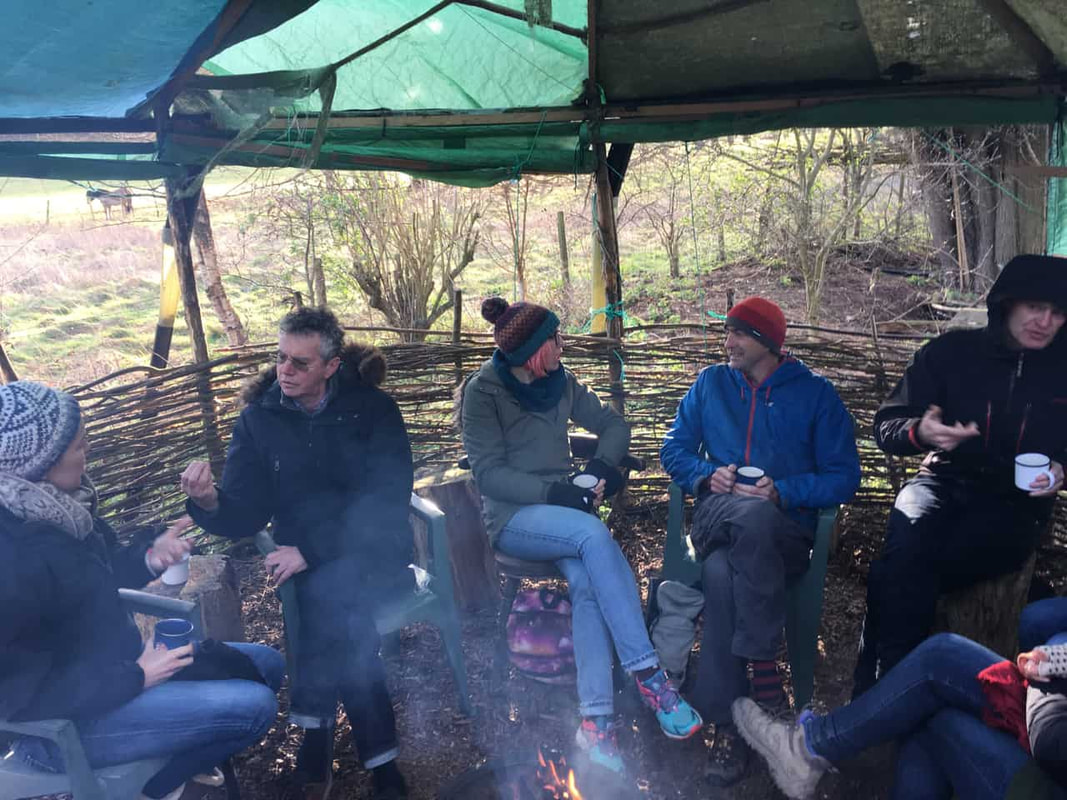

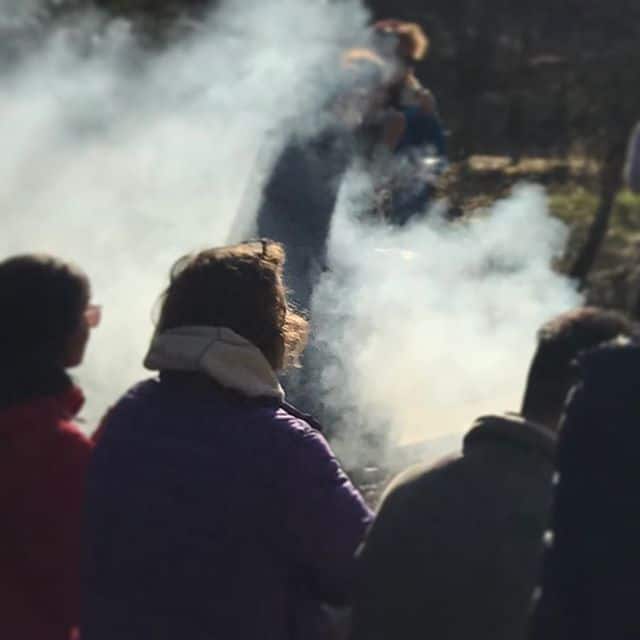
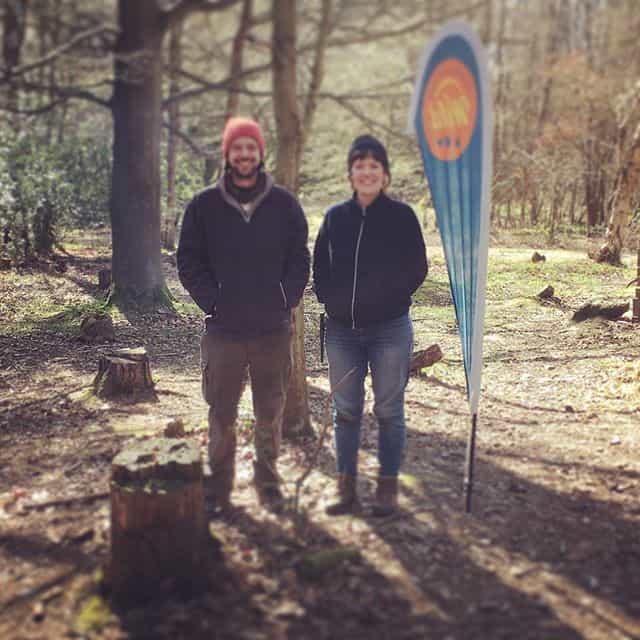
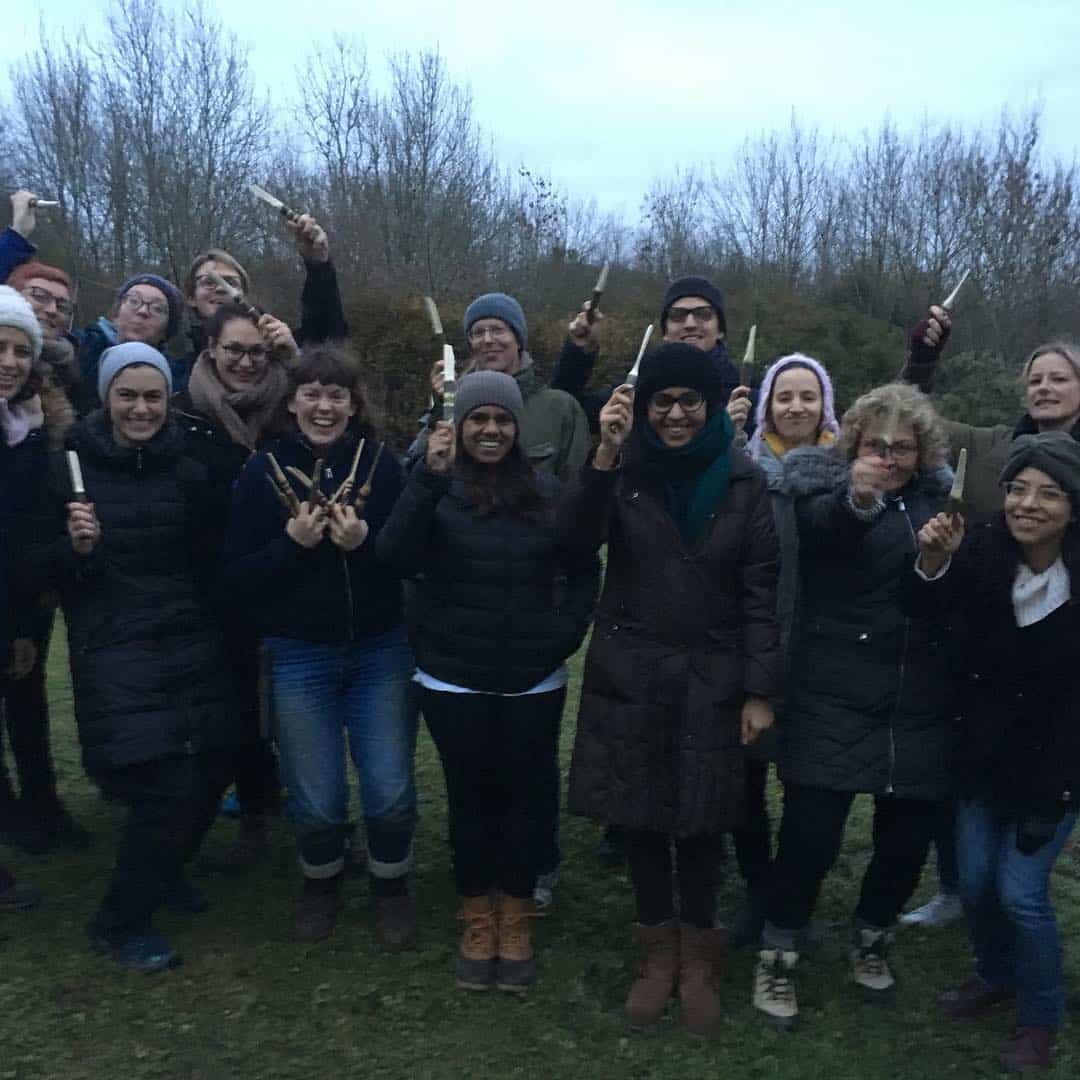
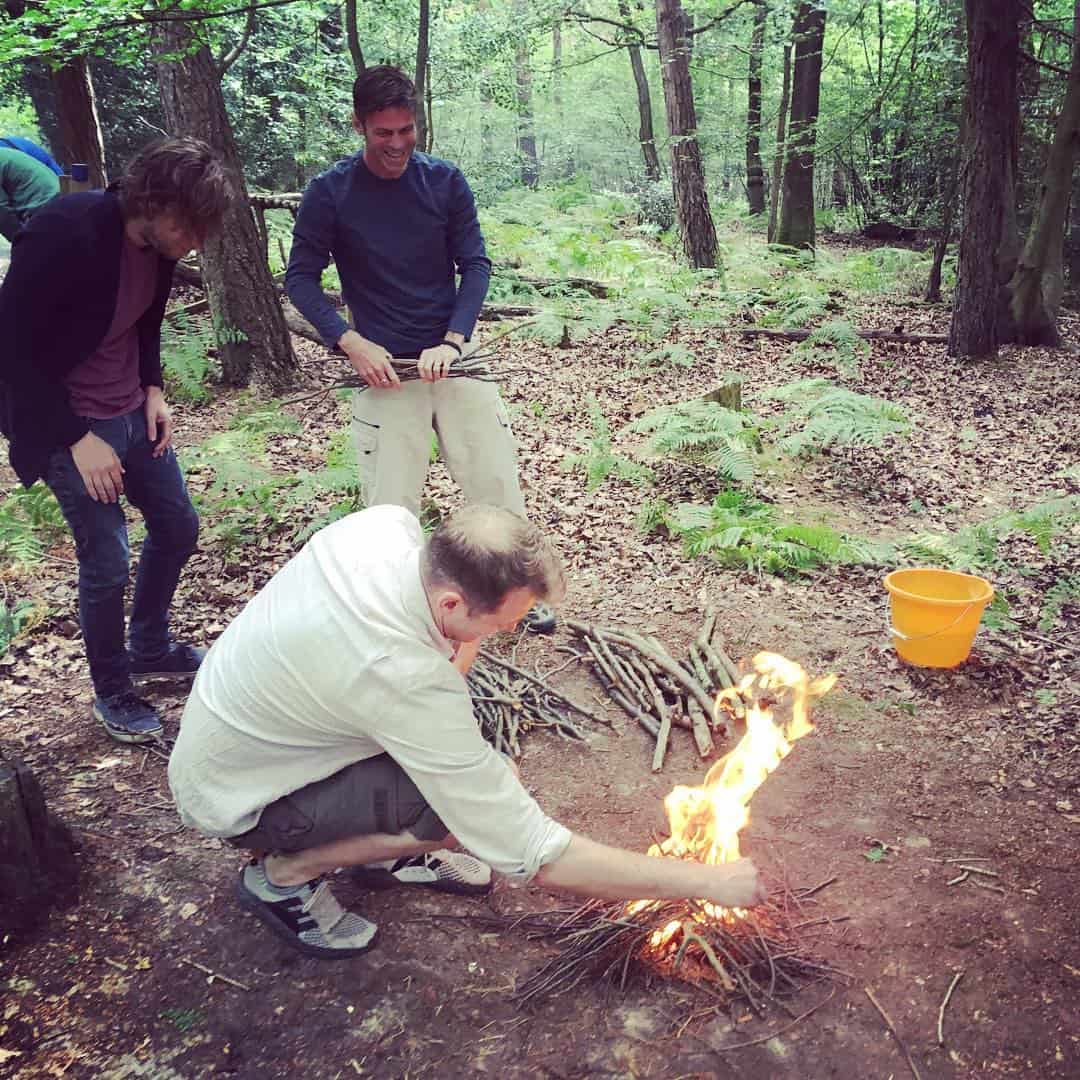
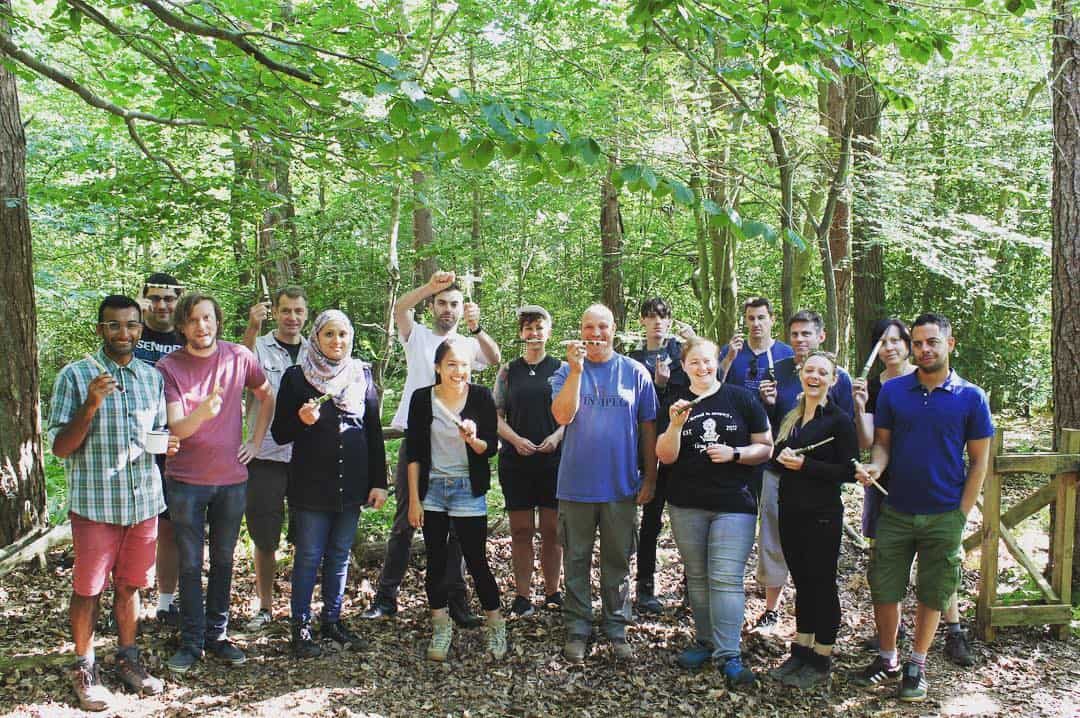

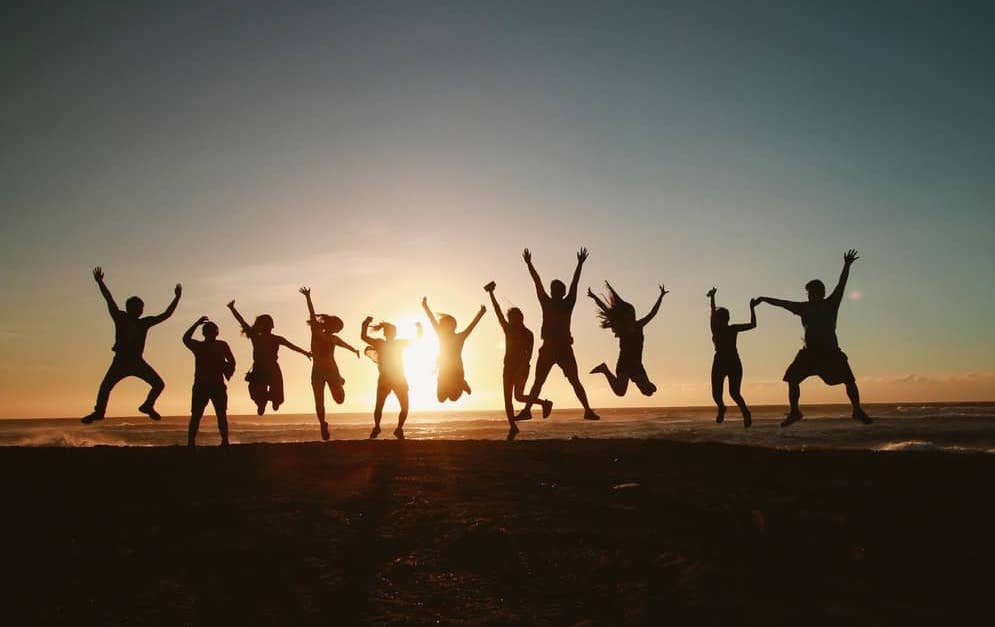
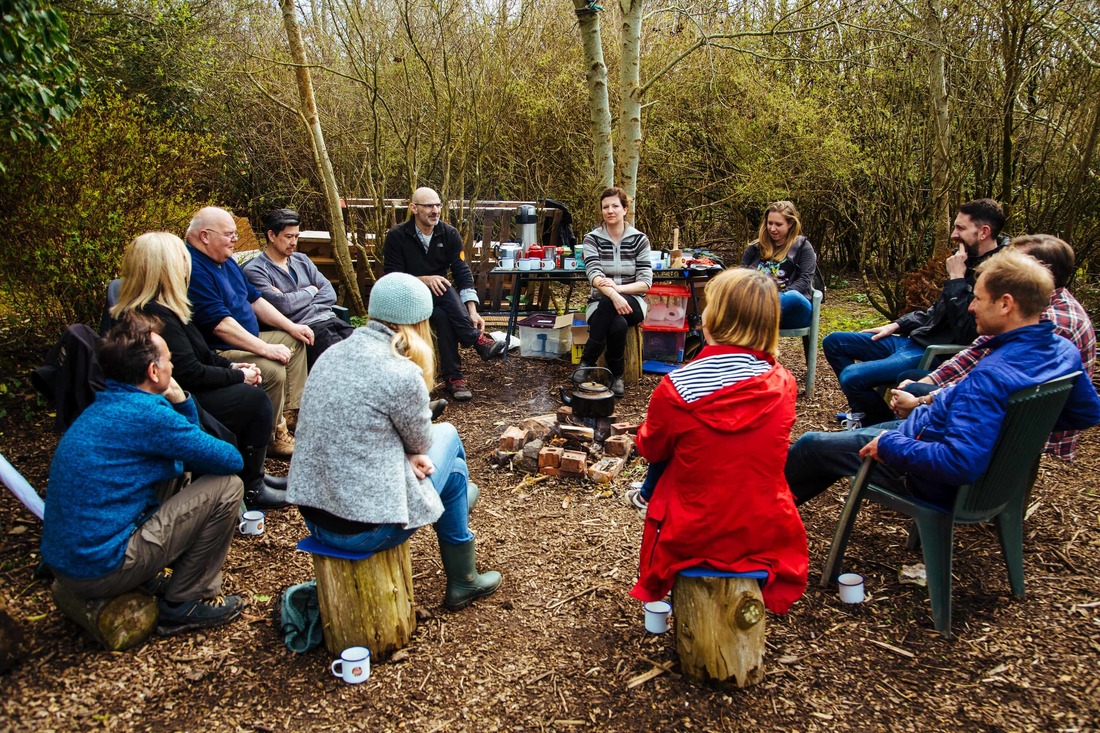
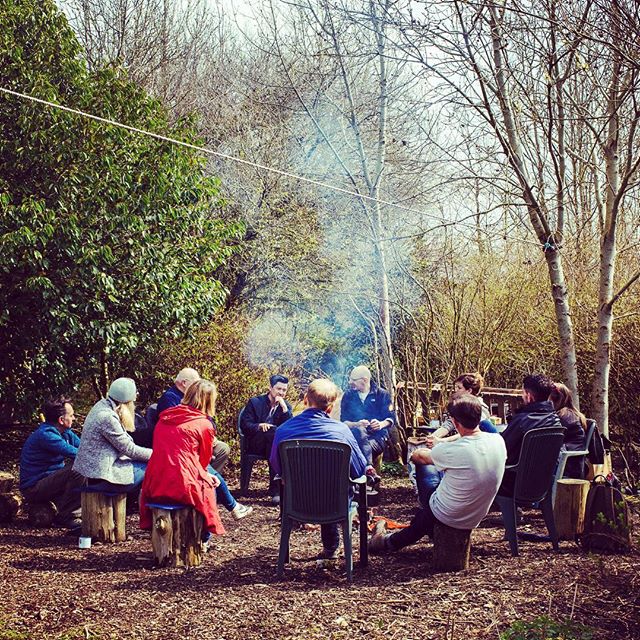

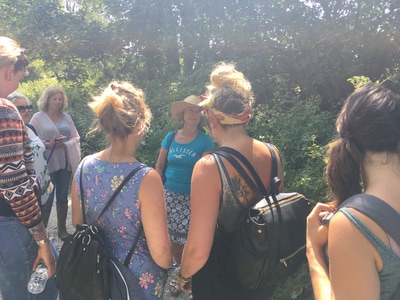
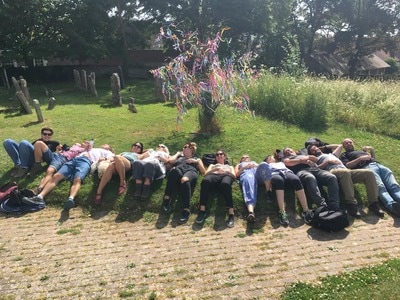
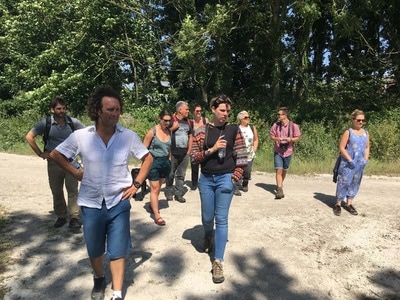
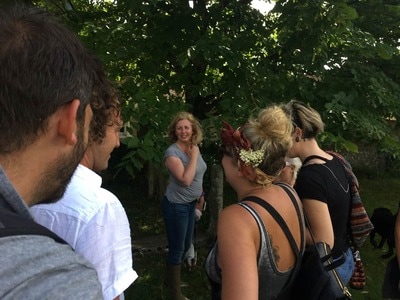
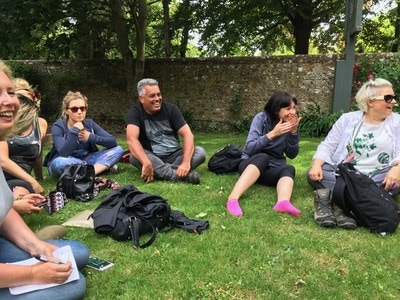

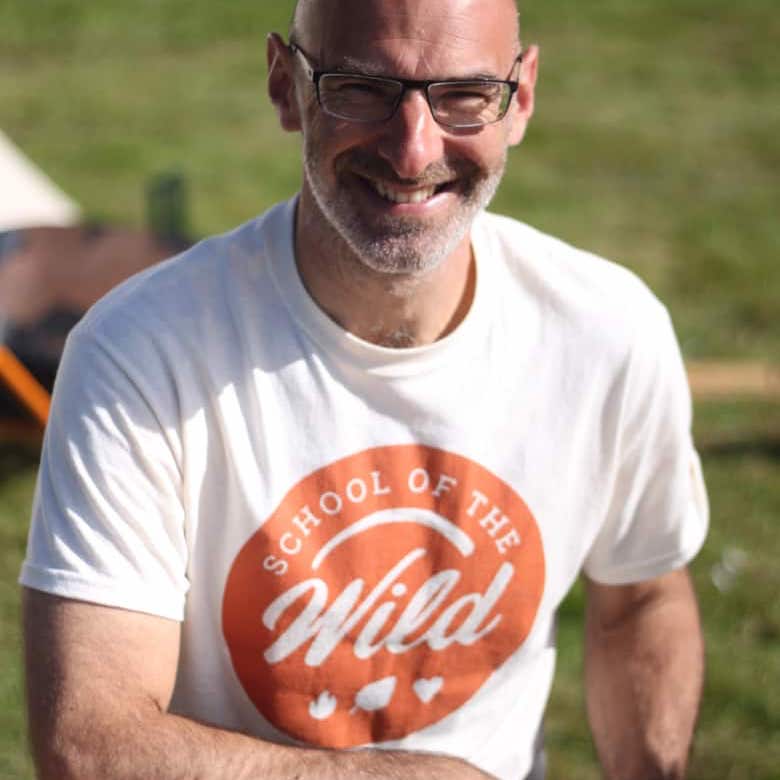
 RSS Feed
RSS Feed



